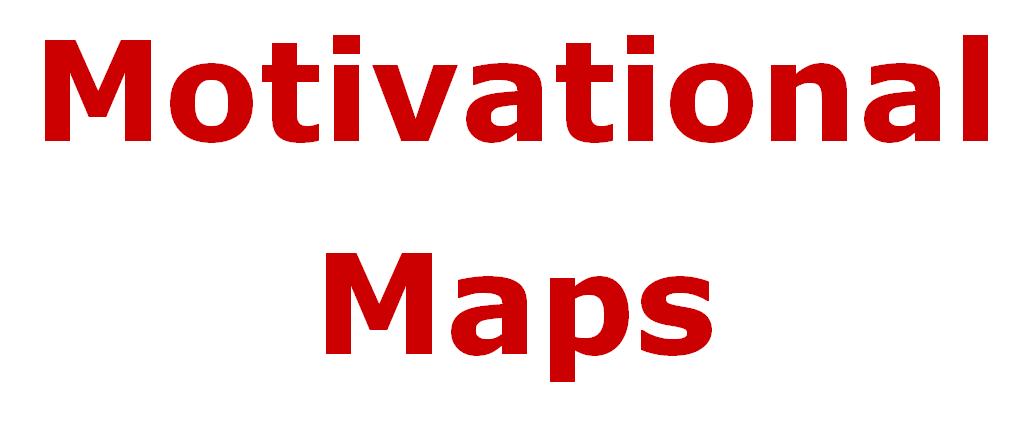“Tell
me…when did you first notice this feeling?”
NLP
model helps to understand how people communicate with themselves as well as
with others. Word “neuro” refers to the way humans experience the world through
their senses and translate sensory experiences into thought processes, both
conscious and unconscious, which in turn activate the neurological system.
“Linguistic” refers to the way we use language to make sense of the world,
capture and conceptualise experience and then communicate that experience to
others. “Programming” addresses the way people code (mentally represent) their
experience and adopt regular and systematic patterns of response.
NLP
provides a coach with a tool to train those who want to exceed in their career
or simply improve their performance in whatever it is they do. The goal of NLP coaching is to maximize the coachee’s resourcefulness and increase the choice
they have in a given context. Fundamental to NLP is goal setting. Goals need to
be stated in the positive, based upon sensory evidence, be measurable and
owned, wanted by the coachee, and be something that really lies with the
beliefs and values of the coachee.
The
key to NLP coaching is to increase self-awareness to the extent that the
coachee recognizes that, whenever they do not know how to move forward, it is only
because of the way they are interpreting the world.
Great
performers are characterized by certain behavioural patterns. Patterns of
excellence can by captured by discussing (modelling) a particular occupation or
activity and then using this knowledge to help others replicate excellence
themselves.
The
core activity of NLP is modelling, which is about replicating those behavioural
patterns and the language structure.
By
using NLP practice, Business Coaches helps clients to access, amplify and
change behaviours. It happens through modelling the way clients internally
represent their experience and construct meaning by using words and symbols
(language) that get embodied and create feeling states and meta-programmes
which in turn induce reactions, actions, more thoughts and meanings.
NLP
practitioners can work with individuals and groups. It can be applied in areas
such as Education, Training, Organisational Change, Leadership, Marketing,
Sales or Education.
Below
are some examples of using NLP in business and training:
- honing management skills
- developing excellent communication skills
- better understanding how we learn, think, communicate, how we process the information and our emotions
- learning to build lasting relationships with clients and work colleagues
- honing presentation for business skills
- motivation and leadership development training
- improving negotiating and selling techniques
- goal-setting and self-management
- managing and learning from our emotions
“And…what
was happening when you felt great and confident about yourself?”
Another
great NLP question. For more details on
NLP, I can put you in touch with one of my associates who is a master
practitioner in NLP techniques if you register your interest here. However, I have found the
questioning techniques originated in NLP incredibly useful as part of my own
coaching work, even if I am not formally qualified.


